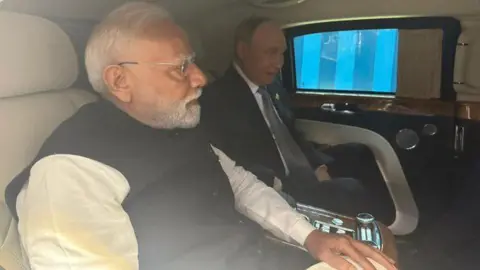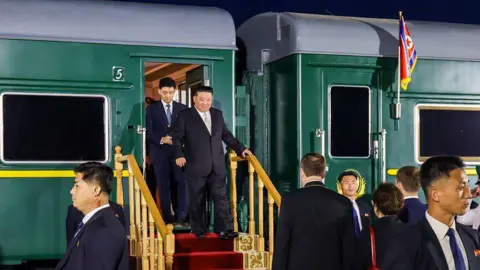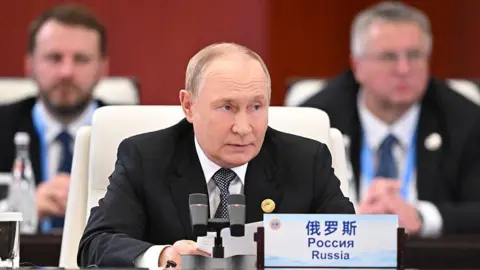The U.S. Court of Appeals for the Federal Circuit delivered this interim decision on Tuesday, allowing the Trump administration to keep the controversial tariffs in place while the appeal process unfolds. This ruling follows a late May verdict from another panel of judges, which deemed the import taxes illegal. The administration had expressed concern that any interruption of these tariffs could undermine its leverage in global negotiations.
At the core of this legal dispute is President Trump’s interpretation of a 1970s law, which he has utilized to launch an extensive trade war, invoking powers under the International Emergency Economic Powers Act (IEEPA). Historically, this statute had not been used by prior presidents to impose tariffs, but Trump argues it provides him the authority necessary to reshape the global economic landscape.
The administration faces the challenge of convincing the appellate judges that Trump's use of emergency powers was justifiable when these tariffs were enacted earlier this year. The government has indicated its readiness to escalate the matter as high as the Supreme Court if needed.
This ruling coincides with discussions between U.S. and Chinese negotiators, who recently established a framework aimed at extending a tentative trade truce. The Trump administration has consistently warned that these trade discussions could be at risk if their tariffs were disrupted.
As the economic implications of the tariffs continue to unfold, the legal status of Trump’s aggressive trade policies remains under scrutiny, raising significant questions about the future of international trade relations.
At the core of this legal dispute is President Trump’s interpretation of a 1970s law, which he has utilized to launch an extensive trade war, invoking powers under the International Emergency Economic Powers Act (IEEPA). Historically, this statute had not been used by prior presidents to impose tariffs, but Trump argues it provides him the authority necessary to reshape the global economic landscape.
The administration faces the challenge of convincing the appellate judges that Trump's use of emergency powers was justifiable when these tariffs were enacted earlier this year. The government has indicated its readiness to escalate the matter as high as the Supreme Court if needed.
This ruling coincides with discussions between U.S. and Chinese negotiators, who recently established a framework aimed at extending a tentative trade truce. The Trump administration has consistently warned that these trade discussions could be at risk if their tariffs were disrupted.
As the economic implications of the tariffs continue to unfold, the legal status of Trump’s aggressive trade policies remains under scrutiny, raising significant questions about the future of international trade relations.





















